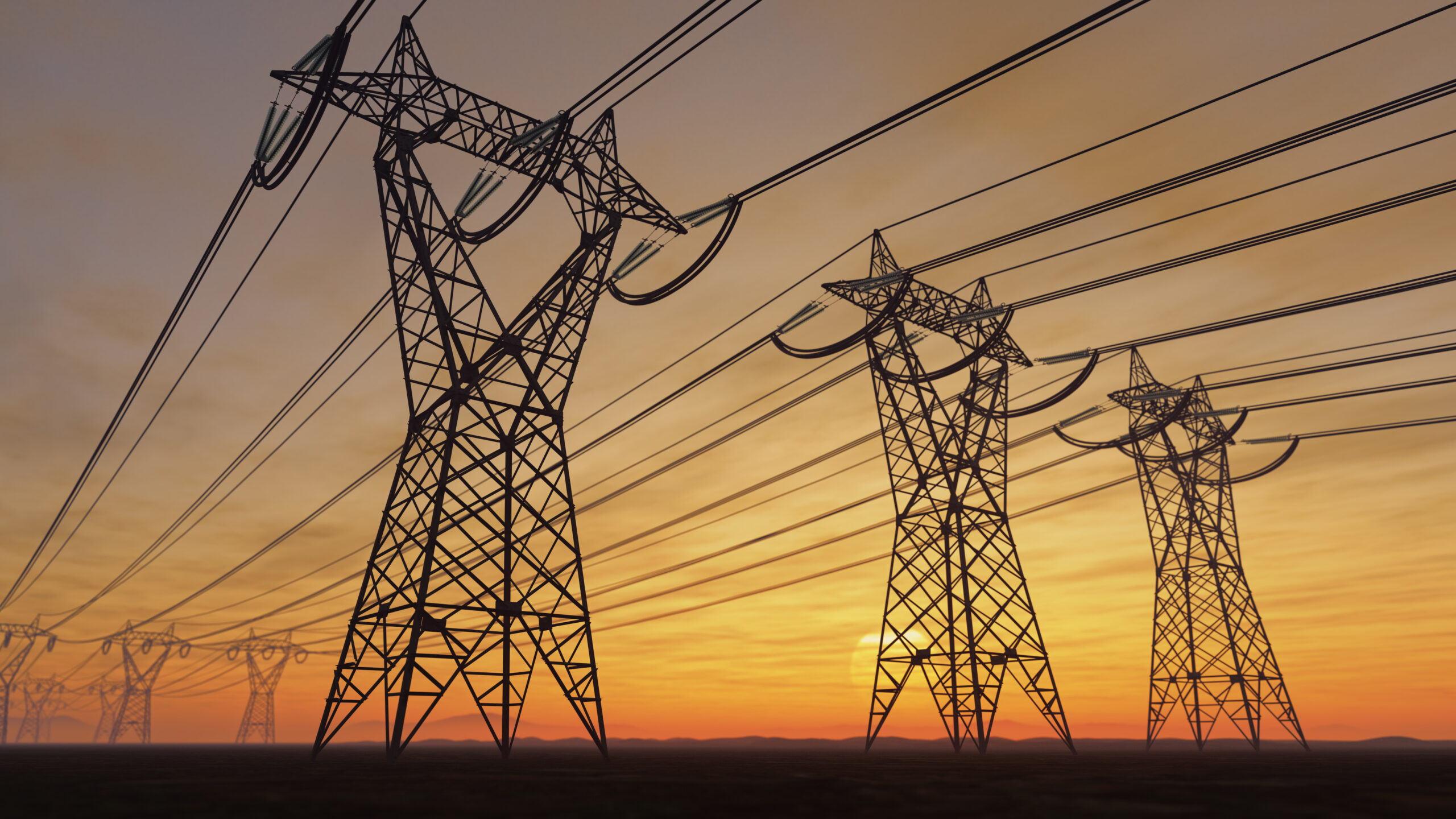
CCS Environmental Analysis, February
IPCC Sixth Assessment Report: Climate change adaptation is vital to protect society When UN Secretary-General Guterres presented the latest special report in the IPCC’s scientific basis for world leaders, he referred to it as ‘a damning indictment of failed global leadership on climate’. Interactions between climate, nature and society The report, ‘Impacts, Adaptation and Vulnerability’, …


